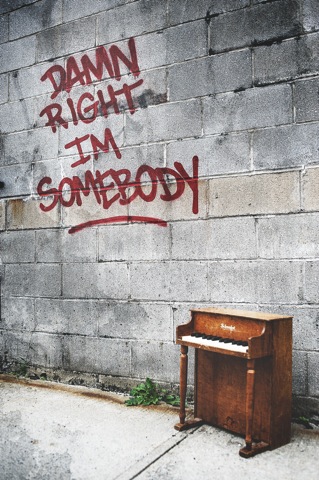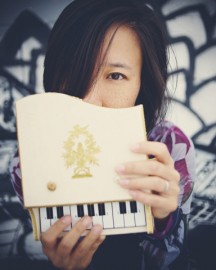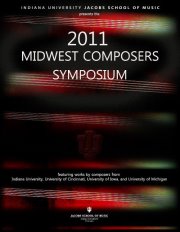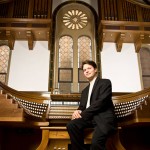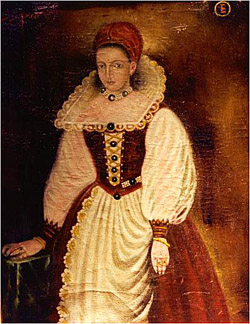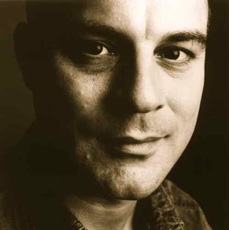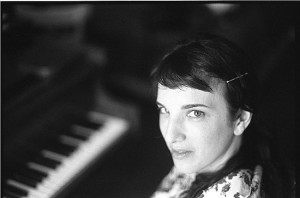
Fred, I’m thinking of setting E.E. Cummings for tenor and chamber orchestra… That’s a wonderful idea, it goes along with your other settings of important American poets; which poems will you use? Perhaps some of the early poems having to do with WWI.
Can you play these multi-stops: C, G, C#, G#, E and C, G, E#, D#, B, F#? I’ll try them out when I get home. [Later, on the telephone] Yes, they work. Good, I’m putting them in my new Double Trio.
I’m working on a String Trio, do you think the viola can hold a high F-sharp for almost two bars? What is the tempo? Oh…it is half note = 60. (Knowing it will work, I answer) Let me try it out. Yes, the viola will be able to hold it. Good, that’s the end of the piece!
Then the idea of the 103rd birthday concert for Elliott Carter came about. Last year, for his 102nd birthday, Charlie Neidich and the Camerata Notturna did a beautiful concert which included the Clarinet Concerto, Wind Rose and the slow movement of Carter’s Symphony No. 1. This year, I thought, let’s do all of Carter’s new music, most of which has not been heard in New York or anywhere. This concert is fated to succeed because of the music, and the people: Carol Archer, Nicholas Phan, Virgil Blackwell, Rolf Schulte, Gordon Gottlieb, and many more.
Elliott will be hearing five of his pieces for the first time. THIS IS GOING TO BE AN INCREDIBLE PARTY!
-Fred Sherry
_______________________________________________________________________
Elliott Carter’s 103rd Birthday Concert will be at the 92nd Street Y (Uptown; Kaufman Concert Hall) on December 8 at 8 PM (three days early, but we’ll give ’em that!)
Ticket information can be found here.
Better yet, courtesy of 92nd Street Y and Boosey & Hawkes, Sequenza 21 is offering two pairs of tickets to the concert.
Here’s how to enter: send a short missive about Elliott Carter – your favorite piece, something about his music that interests you, etc. – to my email address: s21managingeditor@gmail.com
I will use a Cageian, rather than Carterian, method of selecting the winners (hint: put names in hat: draw out two).
Contest is open until Sunday at noon. I will announce the winners on Monday morning. Those entries that are particularly eloquent and non-trollish will be published on the site.
Those Carterians outside of New York or unable to make the show – take heart. We will also be having a second giveaway – signed Carter memorabilia! Check back here later this week for details.
